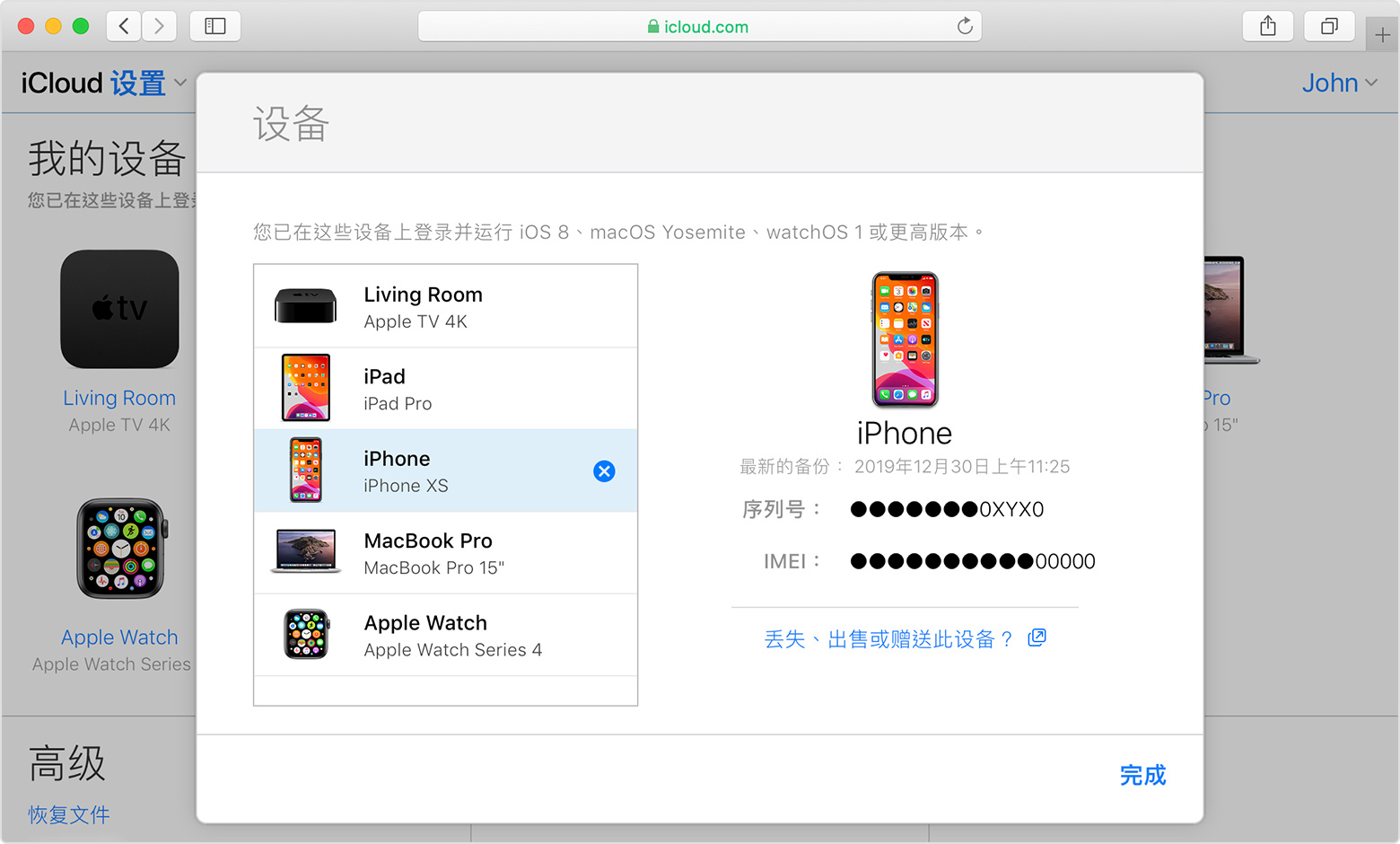

- #LIBRARY CACHES COM APPLE SAFARI INSTALL#
- #LIBRARY CACHES COM APPLE SAFARI SOFTWARE#
- #LIBRARY CACHES COM APPLE SAFARI PLUS#
- #LIBRARY CACHES COM APPLE SAFARI MAC#
#LIBRARY CACHES COM APPLE SAFARI INSTALL#
You may need to enter your password and install a helper tool. If you are happy to go ahead just click Clean.
#LIBRARY CACHES COM APPLE SAFARI PLUS#
Plus you might prefer not to delete the cache associated with a particular app). (For example, you might prefer not to delete Document Versions, or you might want to keep some languages and not others. So you could deselect anything you would rather not delete.
#LIBRARY CACHES COM APPLE SAFARI SOFTWARE#
Here you get more details of the various cache files the software is offering to delete.
#LIBRARY CACHES COM APPLE SAFARI MAC#
Best Apps for removing cacheīest Mac cleaner apps where we run through some of our favourite options for deleting files and memory hogs.

For that reason, we again recommend that you back up your system before you start to delete. Deleting your browser cache can still become an annoyance though when afterwards you discover that you now have to re-enter your logins and other data that used to autofill.Īlong with gaining back some space, clearing application cache is something you might want to do if an app isn’t working properly, or if you want to speed a particular app up, but note it could have the opposite effect if you remove cached files that are required. In fact, a good app uninstaller will remove the associated cache, but unfortunately that is not guaranteed.īrowser cache is a type of cache you can be pretty confident about removing – the disadvantages of keeping it may well be greater than any advantages of removing it. In particular, if there is cache relating to an app that you have removed from your Mac you should be able to confidently remove the associated cache. We’d suggest that you can delete cache files that relate to apps you no longer use. That’s what you shouldn’t delete – or at least you should be cautious about what you delete. These are both good reasons to back up before you delete your cache, at least then you can recover your Mac to the state it was in before you started meddling, or at the least copy the cache files back to the folder you deleted them from. Because it’s connected to the operating system we would recommend against deleting any system cache, unless you are using a specific tool to do so.ĭeleting cache is a risky business if you don’t know what you are doing, but even more so when it comes to system cache as you could accidentally erase files that ensure your Mac runs smoothly. System cache, as you’d probably expect, is data created by macOS that helps your Mac run smoothly. App data can take a lot of space up and if you are no longer using the app you are unlikely to require the cached data that could still be lurking on your Mac. Similarly if you play games on your Mac you could find you are losing space to game saves. For example, if you work with high-resolution images, or large video files, your computer could be storing a lot of data related to the edits you make. Again, this sounds beneficial, but there are disadvantages. Application cache, sometimes referred to as user cache, is the data associated with your apps that is saved so that it doesn’t have to be loaded up every time you use the application, this means your applications can work faster. There are two other kinds of cache: system cache and application cache.


 0 kommentar(er)
0 kommentar(er)
